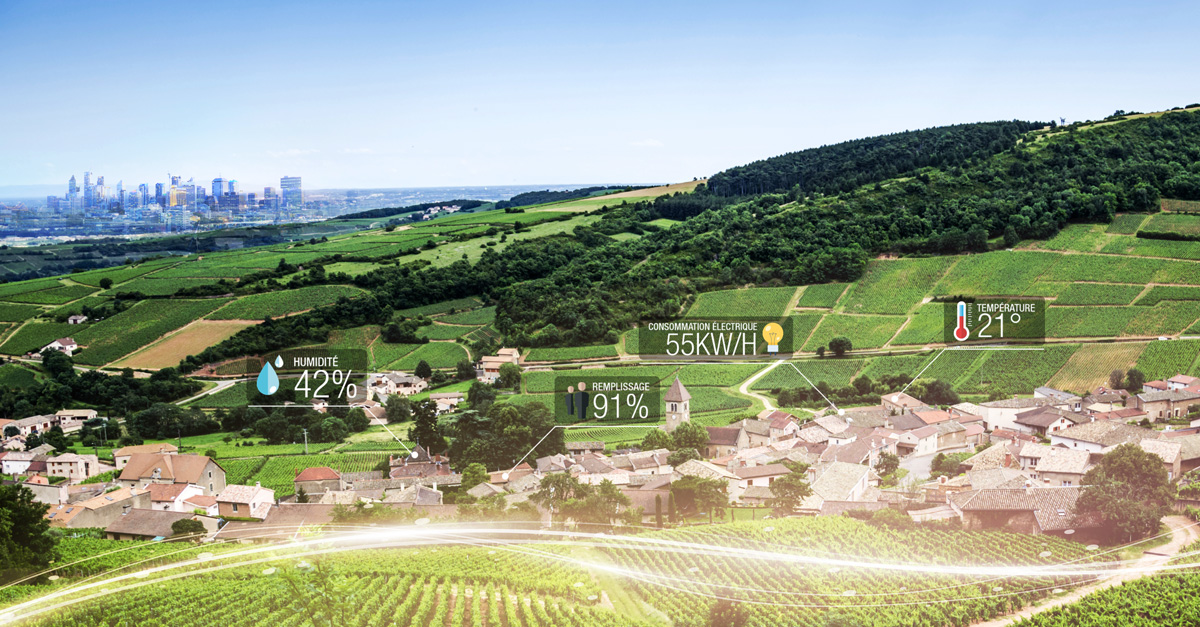Can My Village Be "Smart"?

The concept of a "smart city" is often associated with a big city or at least with a city of a certain size. The examples mentioned in the media (Mexico City, Paris, Madrid, New York City, etc.) are often quite far removed from Wallonia's reality.
But are big cities really the only ones that can be smart ?
Obviously, it all depends on how we define the term "smart". If the smart goals of a city or town are to be more efficient, to be closer to its citizens and to provide them with innovative services, any municipality in Belgium can be classed as a "Smart City" or even a "Smart Village".
Here is an interesting definition of a "Smart Village", taken from the Smart Villages Manifesto. "A smart village is a community that combines the advantages of the small scale with modern, high-performance services for residents. A smart village rejects the phenomena of urban concentration and their litany of problems: solitude, pollution, stress, poverty, delinquency, ghettoization… but is part of a project offering itself as a "space for opportunity" to live differently and to live better, by creating a balance between city and countryside".
The Smart Village concept is therefore based on a few founding principles :
- A connected community
- A quality of life aimed at protecting its environment and its habitat (eco-neighbourhood, etc.) and the dynamics of short food supply chains
- A desire to undertake actions at local or global scale, while benefiting from a high-quality communication infrastructure.
- A proactive and participative approach on the part of its citizens, promoting the creation of and interaction between networks.
- A modern system of administration which offers services to citizens in innovative ways (website, online service counter, etc.)
How do we accomplish that ?
Numerous solutions already exist on the market, functioning either via subscriptions per unit of measurement (number of residents, number of measurement points, etc.) or based on the size of the city or town. These solutions are generally hosted in the Cloud, and their business model is based on sharing.
Several examples can already be seen in Wallonia such as Opinum, with its Opisense platform for the collection and processing of energy data; Nearshop, which promotes local business; LetsgoCity, which stimulates your interactions with citizens at local level; or Betterstreet, for the management of public spaces. There is also the matter of the viability of these solutions, which is sometimes an issue for city and town managers.
The shareholders or strategic partners of these solutions can offer a good indication when it comes to assessing the maturity and long-term evolution of these start-ups. After all, the main players who associate their know-how and image with this eco-system have every interest in making the model work. Let's not forget that a large part of the added value for these manufacturers is the re-purposing of their backends, thanks to innovative solutions proposed by the start-ups.
A second lever is definitely the empowerment of municipal employees, which can be quite effective if they are given enough freedom and responsibility. For example, Wasseiges municipality has an extremely active and dynamic Social Cohesion Plan, courtesy of the commitment and motivation of its coordinator. A Facebook page and some desktop tools are already generating very encouraging initial results.
















Add new comment